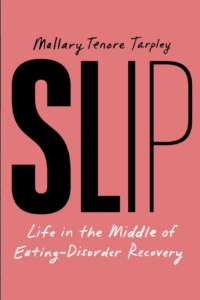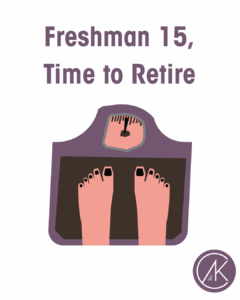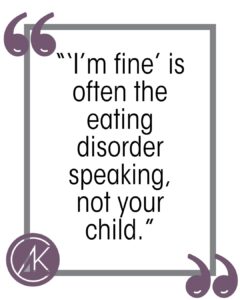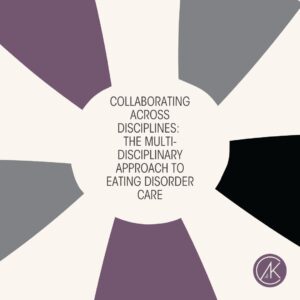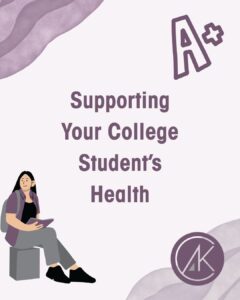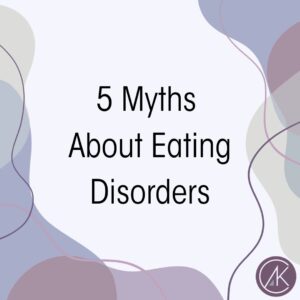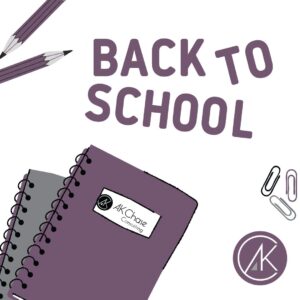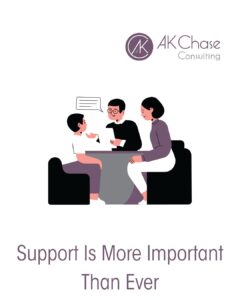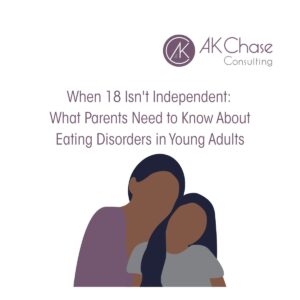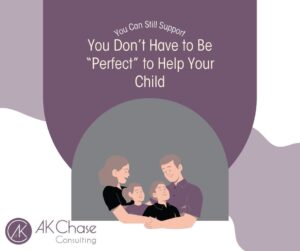When Thanksgiving Makes It Clear: How Parents Can Support College-Aged Young Adults Struggling With an Eating Disorder
The Thanksgiving break can be a revealing moment for many parents. Your college-aged young adult comes home, and what you hoped would be connection, warmth, and rest instead becomes a wake-up call. Maybe you noticed they picked at their plate. Maybe you saw anxiety take over at mealtimes. Maybe the weight loss was undeniable. Maybe […]



